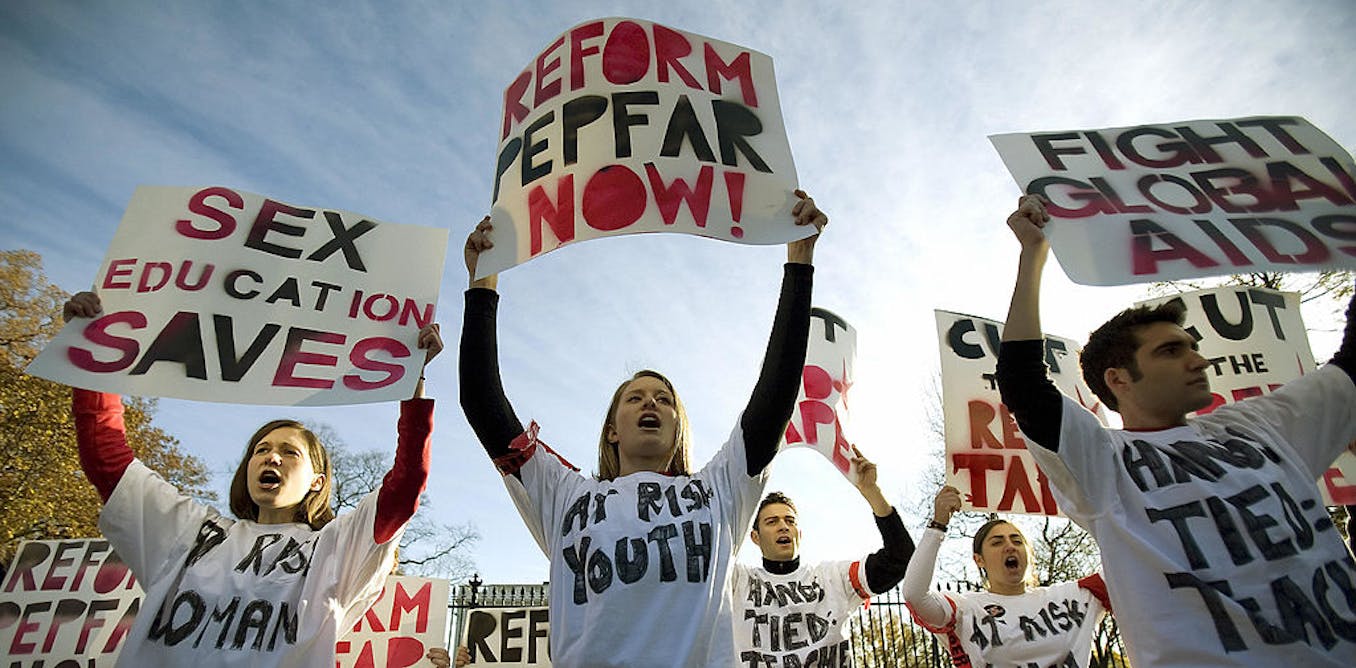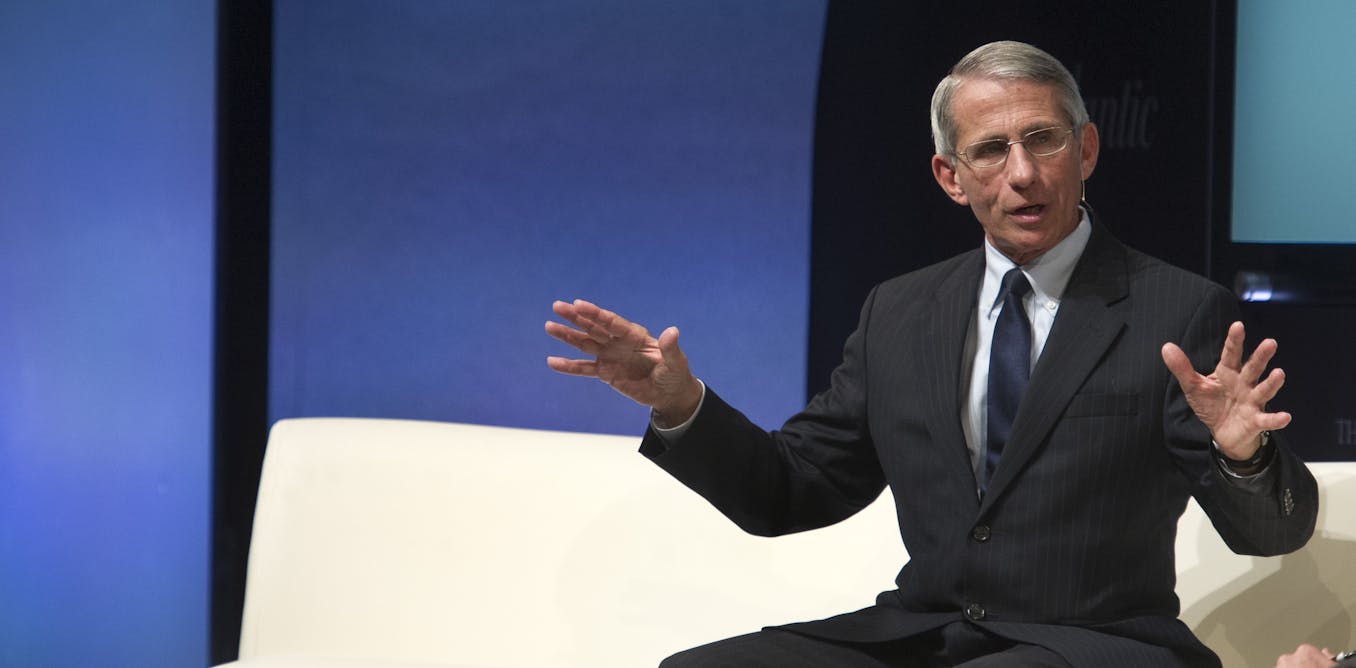When developing countries band together, lifesaving drugs become cheaper and easier to buy − with trade-offs
Pharmaceutical companies have little incentive to sell drugs to countries that can’t afford them. But bargaining together can increase access to vital treatments worldwide.
Nahim Bin Zahur, Assistant Professor of Economics, Queen's University, Ontario •
conversation
June 17, 2025 • ~10 min
June 17, 2025 • ~10 min




